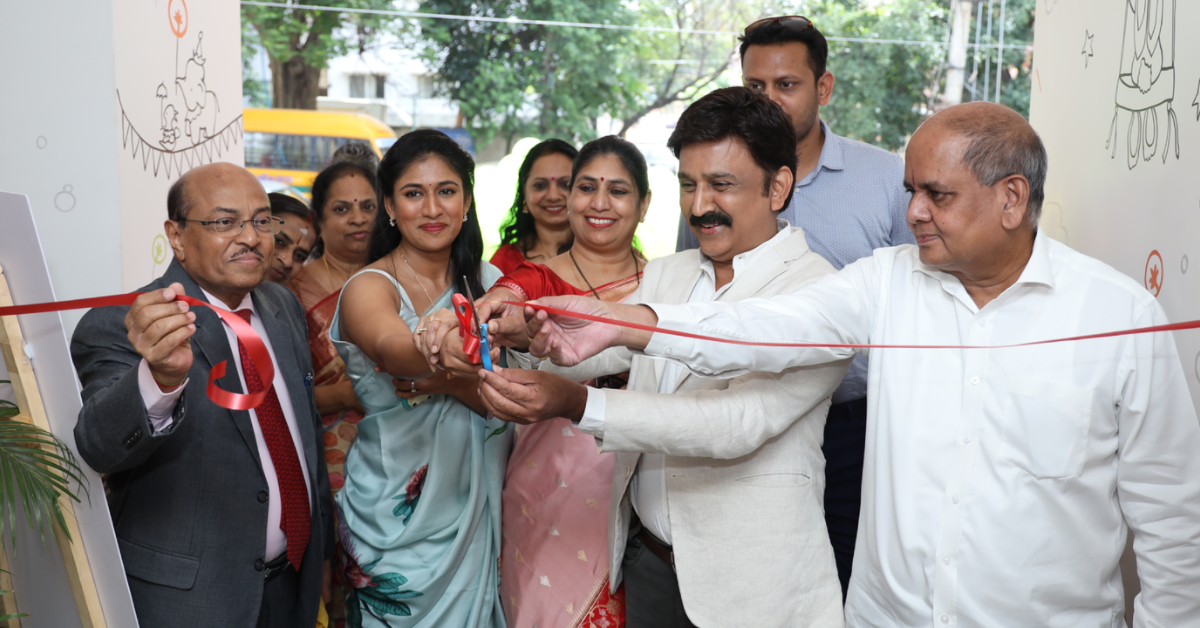Early Childhood Education in Singapore: Why It’s Crucial for Lifelong Learning and Development
Early Childhood Education plays a vital role in shaping the foundation of a child’s cognitive, social, emotional, and physical development. In Singapore, early childhood education is highly regarded as a key component of the national education system. It is designed to provide children with the necessary skills and knowledge to succeed academically and socially as they transition into primary school and beyond. The early years of a child’s life are critical for brain development, making early education a cornerstone for building strong learning habits, social skills, and emotional resilience.
In this article, we will explore the importance of early childhood education, the different types of early learning programs available in Singapore, and how parents can support their child’s learning journey. We will also address some frequently asked questions to help parents make informed decisions about their child’s early education.
What is Early Childhood Education?
Early childhood education refers to the formal and informal educational experiences that children receive from birth to around the age of six. These years are critical for brain development, as a child’s brain forms connections at a rapid pace, creating the foundation for future learning and development.
Early childhood education includes activities and structured programs that encourage learning through play, exploration, and social interaction. It aims to nurture a child’s natural curiosity and help them develop essential skills such as:
- Language and communication
- Problem-solving and critical thinking
- Emotional regulation and social interaction
- Motor skills and physical coordination
Early childhood education settings can include daycare centers, nursery schools, playgroups, and kindergartens. In Singapore, the early childhood education sector is well-developed, with a strong emphasis on providing high-quality learning experiences that meet the needs of young children.
Importance of Early Childhood Education
Early childhood education has long-term benefits that extend beyond the classroom. Research shows that children who participate in early learning programs are more likely to succeed academically, have higher self-esteem, and develop better social skills. Here are some key benefits:
1. Cognitive Development
The early years are a time of rapid brain development. Early learning activities such as reading, counting, and problem-solving help stimulate brain connections and strengthen cognitive abilities. Children who receive early education are more likely to perform better in math, language, and literacy in primary school.
2. Social and Emotional Development
Early childhood education provides a structured environment where children learn to interact with their peers, share, take turns, and express their emotions. These social interactions build important skills like empathy, cooperation, and conflict resolution — essential traits for future relationships and teamwork.
3. Language and Communication Skills
Language development is a key focus of early childhood education. Through songs, storytelling, and conversations, children learn to express themselves and understand others. Strong language skills improve reading and writing abilities, which are critical for academic success.
4. Motor Skills and Physical Development
Physical activities such as running, jumping, and playing with toys help develop fine and gross motor skills. Early childhood education programs often include outdoor play and physical activities that strengthen muscles and improve coordination.
5. Independence and Confidence
Participating in early education helps children develop a sense of independence and confidence. They learn to make decisions, solve problems, and explore new ideas. This self-confidence encourages a positive attitude toward learning and helps children face challenges with resilience.
Types of Early Childhood Education Programs in Singapore
Singapore offers a range of early childhood education programs tailored to different developmental needs and learning styles.
1. Play-Based Learning
Play-based programs focus on learning through exploration and creativity. Activities such as role-playing, building blocks, and art projects encourage children to use their imagination and problem-solving skills.
2. Academic-Focused Programs
Some early childhood education programs emphasize academic readiness by introducing structured lessons in math, reading, and writing. These programs aim to prepare children for the academic demands of primary school.
3. Montessori and Reggio Emilia Approaches
Montessori and Reggio Emilia programs focus on child-led learning, where children explore their interests at their own pace. These approaches encourage independent thinking and creative expression.
4. Bilingual and Language Immersion Programs
Given Singapore’s multicultural environment, bilingual and language immersion programs are popular. These programs expose children to multiple languages, helping them develop strong language skills and cultural awareness.
5. Outdoor and Nature-Based Programs
Nature-based programs allow children to engage with the natural environment through outdoor play and exploration. These programs foster curiosity, problem-solving, and a connection with nature.
How Parents Can Support Early Childhood Learning
Parents play a crucial role in supporting their child’s early education. Here are some ways to create a positive learning environment at home:
Encourage Reading
Reading to your child daily helps build vocabulary, language comprehension, and a love for learning. Choose age-appropriate books and engage your child in conversations about the story.
Promote Play and Exploration
Provide opportunities for free play and creative exploration. Building blocks, puzzles, and art supplies stimulate creativity and problem-solving skills.
Establish Routines
Consistent routines provide a sense of security and help children understand expectations. Set regular times for meals, play, and bedtime.
Positive Reinforcement
Praise your child’s efforts and accomplishments to build confidence and motivation. Focus on their progress rather than perfection.
Encourage Social Interaction
Arrange playdates and social activities where your child can interact with other children. This helps develop social skills and emotional intelligence.
Challenges in Early Childhood Education
Despite the benefits, early childhood education comes with some challenges:
- Separation Anxiety: Many children experience difficulty adjusting to a new environment away from parents.
- Different Learning Styles: Not all children respond to the same teaching methods. It’s important to find a program that suits your child’s needs.
- Access and Affordability: While Singapore offers a range of early education options, some families may face challenges in accessing preferred programs due to location or cost.
FAQs About Early Childhood Education in Singapore
1. What age should my child start early childhood education?
Most children in Singapore begin early education between the ages of 18 months and 3 years. However, it depends on your child’s readiness and developmental stage.
2. How do I know if my child is ready for early education?
Signs of readiness include showing interest in learning, following simple instructions, interacting with other children, and expressing themselves verbally.
3. What should I look for in an early childhood education program?
Look for a program that has a balanced approach to academics and play, experienced and qualified teachers, a safe and nurturing environment, and positive reviews from other parents.
4. How can I support my child’s learning at home?
Create a learning-friendly environment with books, educational toys, and creative activities. Encourage your child to ask questions and explore new ideas.
5. Is early childhood education necessary for future academic success?
While not mandatory, early childhood education provides a strong foundation for future learning. It helps develop essential skills that support academic and social success.
Conclusion
Early childhood education is a crucial step in preparing children for lifelong learning and success. In Singapore, parents have access to a variety of early education programs designed to meet different developmental needs. By choosing the right program and actively supporting their child’s learning journey, parents can help build a solid foundation for future academic and personal growth. Investing in early childhood education sets the stage for a confident, curious, and capable learner.







